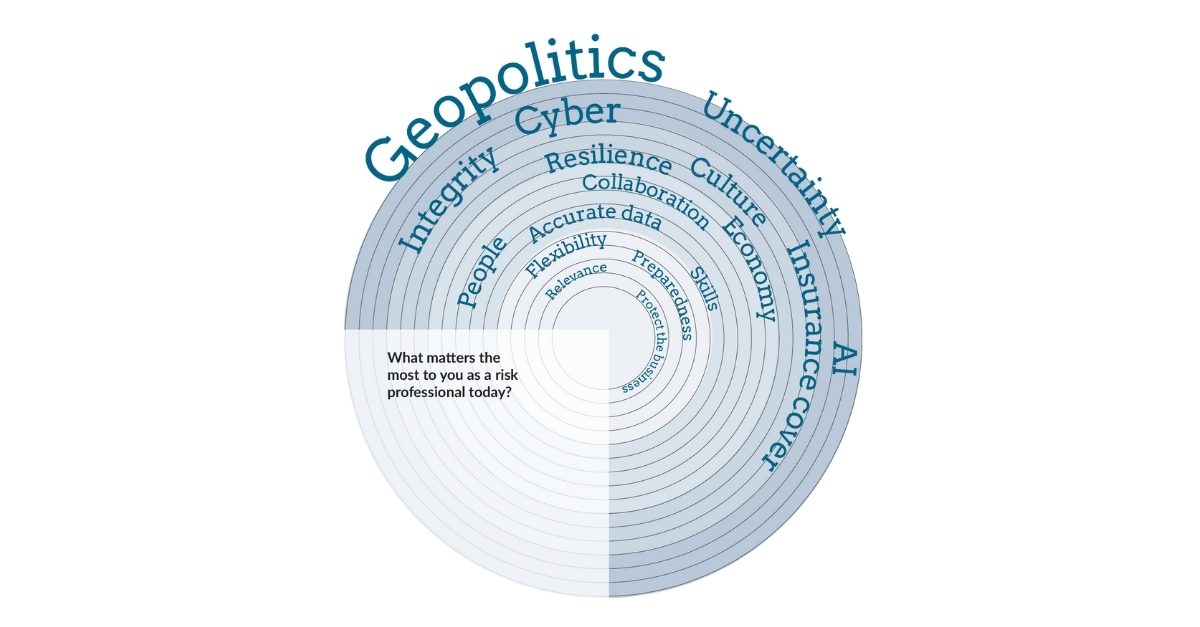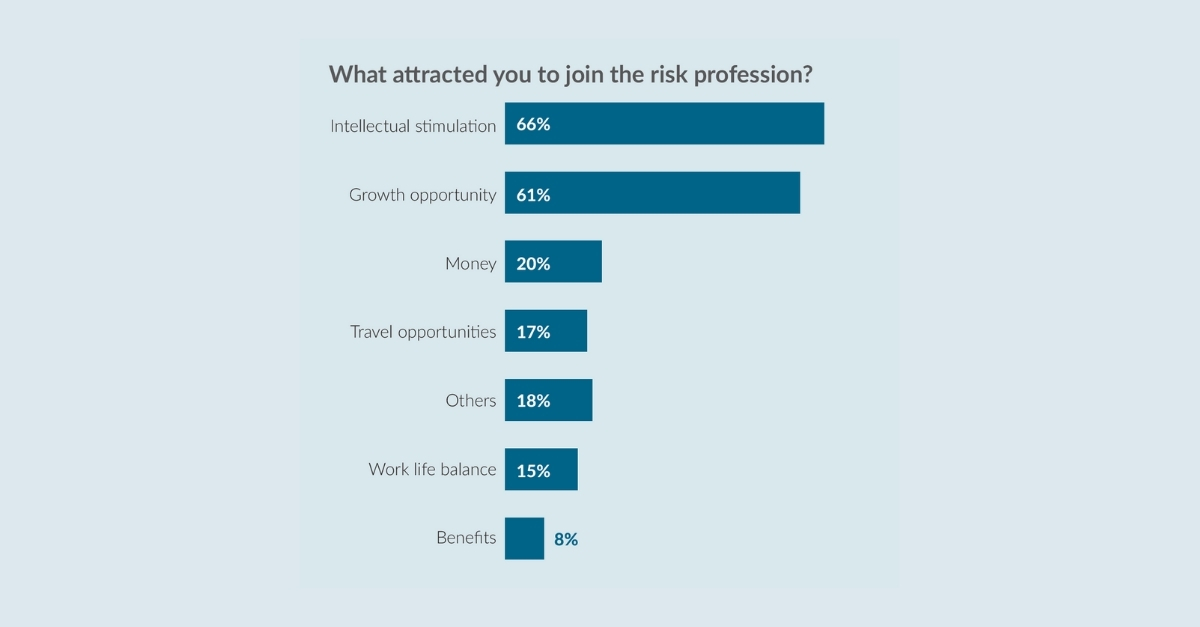2025 Member Survey: risk profession is proving its strategic value

Results reveal the top risks and opportunities reported by members, as well as key trends in roles, skillsets and salaries.
Risk professionals must resist the temptation to be events-led in today’s volatile landscape, according to Airmic in its flagship annual member survey report.
While today’s world is unpredictable and “constantly in motion”, Airmic advises its members to cut through the noise and anchor decision-making on the long-term goals of the organisation.
“It takes a level of risk maturity to phase out the noise in all the data and information from the 24-hour news cycle, social media, and a range of intelligence sources – to focus on what really matters for the organisation’s purpose now and in the longer term,” the report says.
At the same time, risk managers must take a “dynamic” approach to managing risk, having the “courage” to suggest changes and adjustments to strategy and operations when the environment demands it.
Achieving the balance between long-term vision and short-term agility requires strong alignment with business priorities, the flexible deployment of resources and enhanced analytical skills, the report says.
“In challenging times, this is when the experienced risk professional can demonstrate their value at a strategic level,” comments Airmic CEO Julia Graham. “The current level of global uncertainty demands a strategically engaged, informed and agile risk professional who can flex as the context and priorities of the organisation change. Managing risk is a dynamic process.”
Survey results
The 2025 member survey results showed that technology, AI and cyber are the ‘top-of-mind’ themes for a huge 86% of Airmic members today. This was followed by geopolitics and geoeconomics (65%) and emerging risks (43%).
Although technology, AI and cyber were the top risks, the widespread use of AI and digitalisation are also viewed as the risks with the biggest upside, showing that Airmic members are seeking opportunities amid the heightened risk environment.
Some respondents felt that their organisation’s use of technology has evolved more rapidly than the insurance and risk industry, suggesting that solutions are lagging behind some of the more advanced companies.
“This has spawned concerns as to whether insurance is fit as a risk management tool for their organisations…The development of cyber insurance products and responses for them is critical, as is the development of understanding regarding the opportunities and risks associated with AI,” the report says.

Responsibilities and salaries
The survey also asked members about their roles, salary and skillset. The results reveal that the risk profession is “no longer a back-office role but a strategic capability” and that Airmic members have “helped drive transformation to shape the future of their organisations,” according to the report.
This is reflected in strong levels of remuneration, with the majority of respondents reporting salaries of over £100,000 after ten years within the profession.

To read the results and analysis in full, download the report, Another World Is Possible, Airmic Survey 2025.
